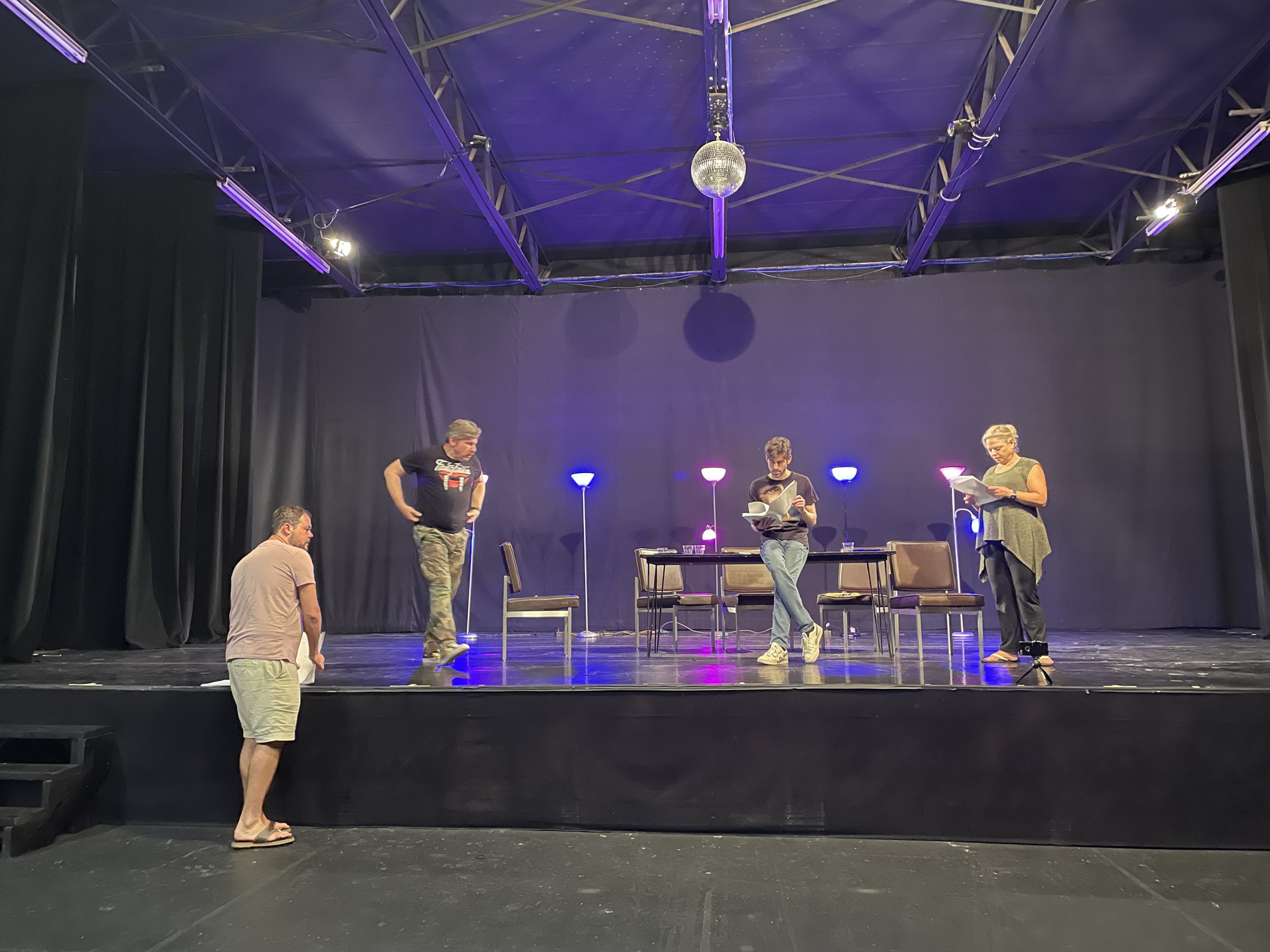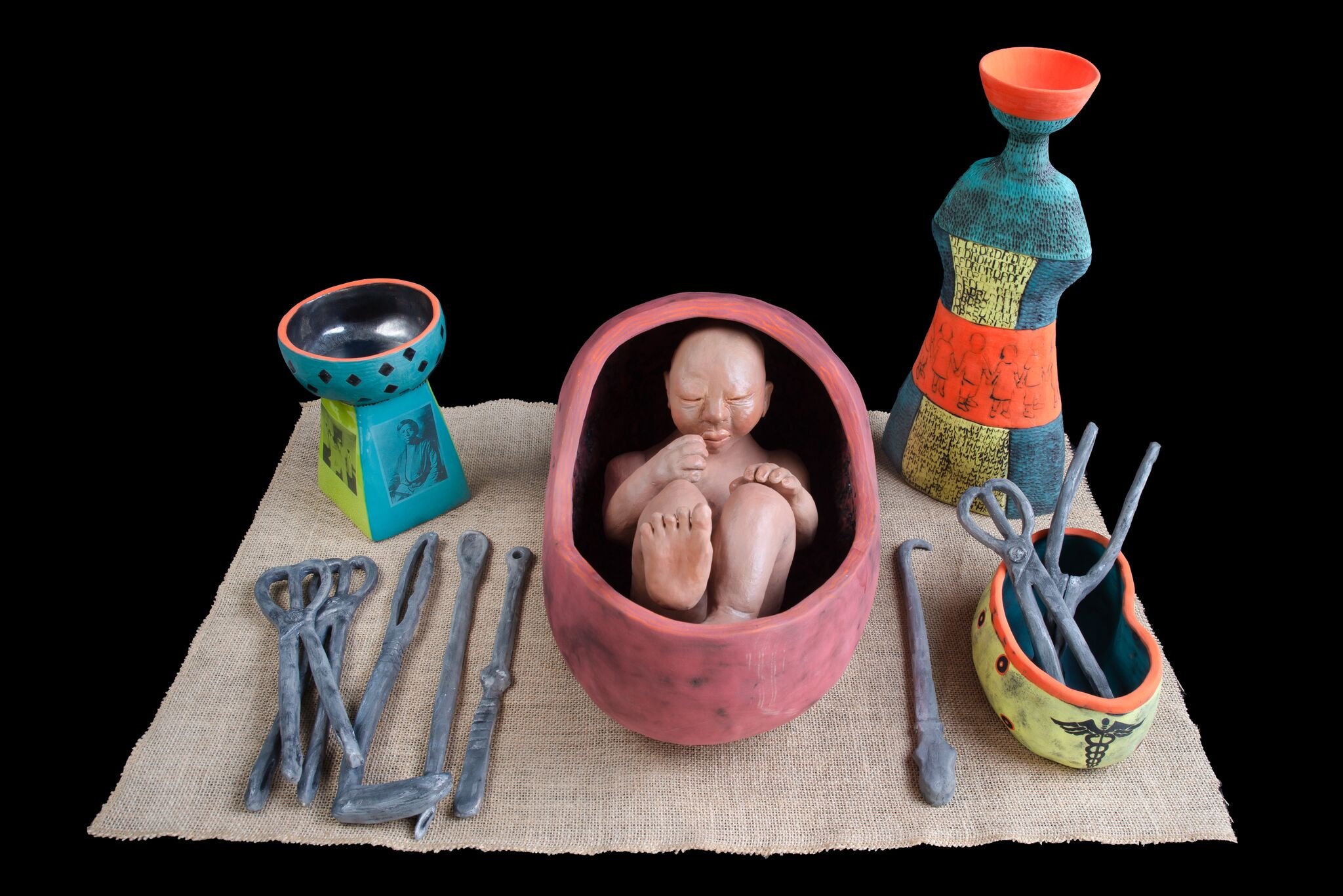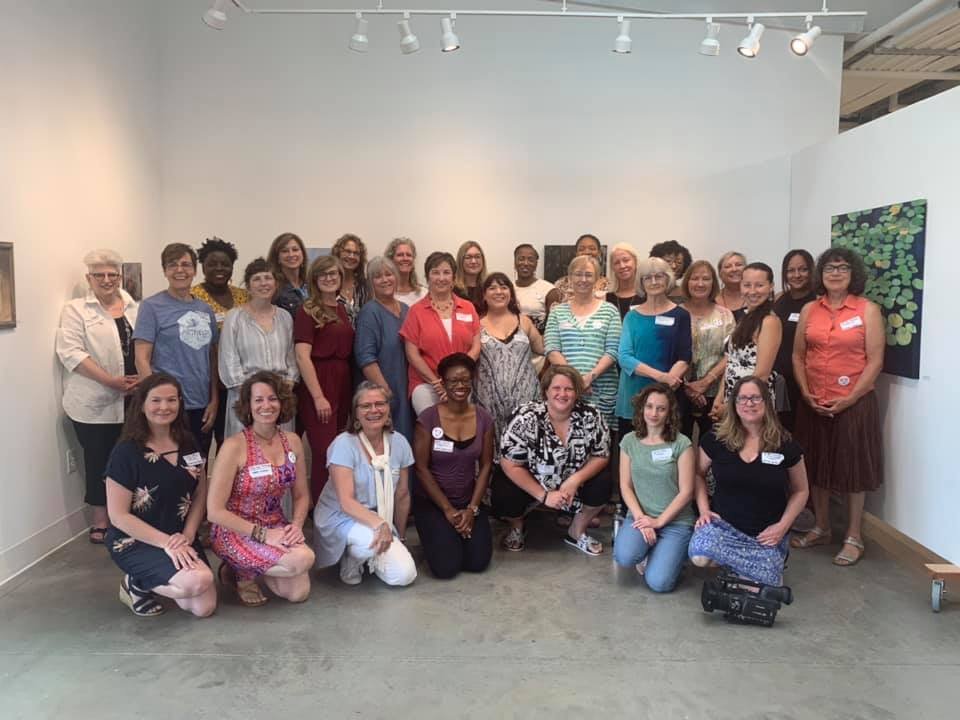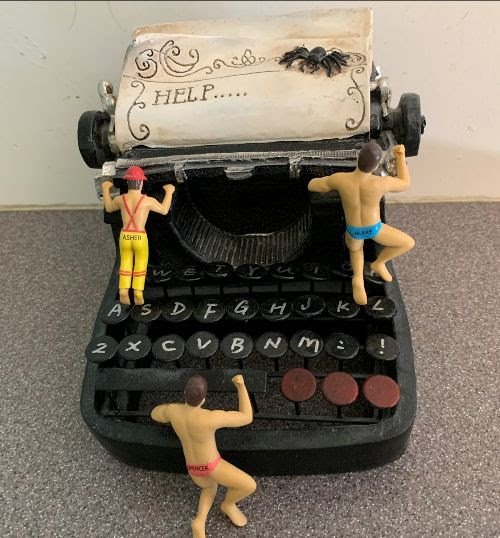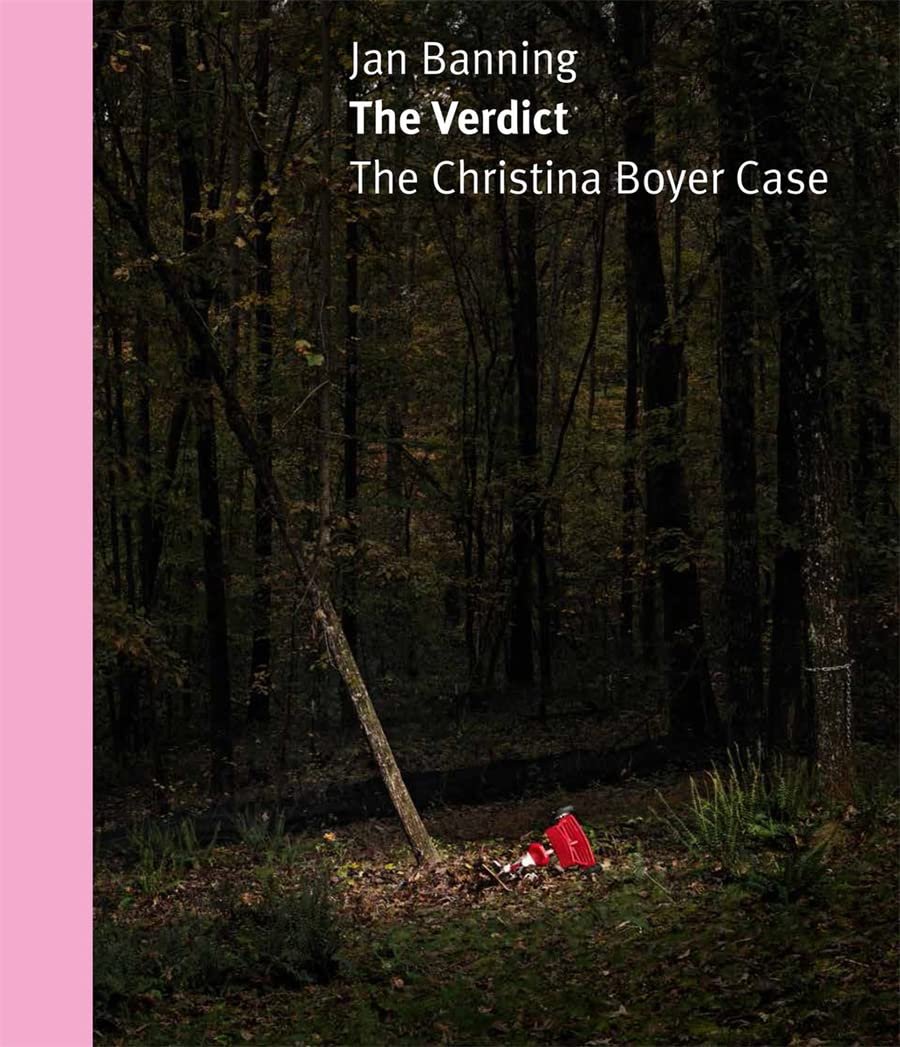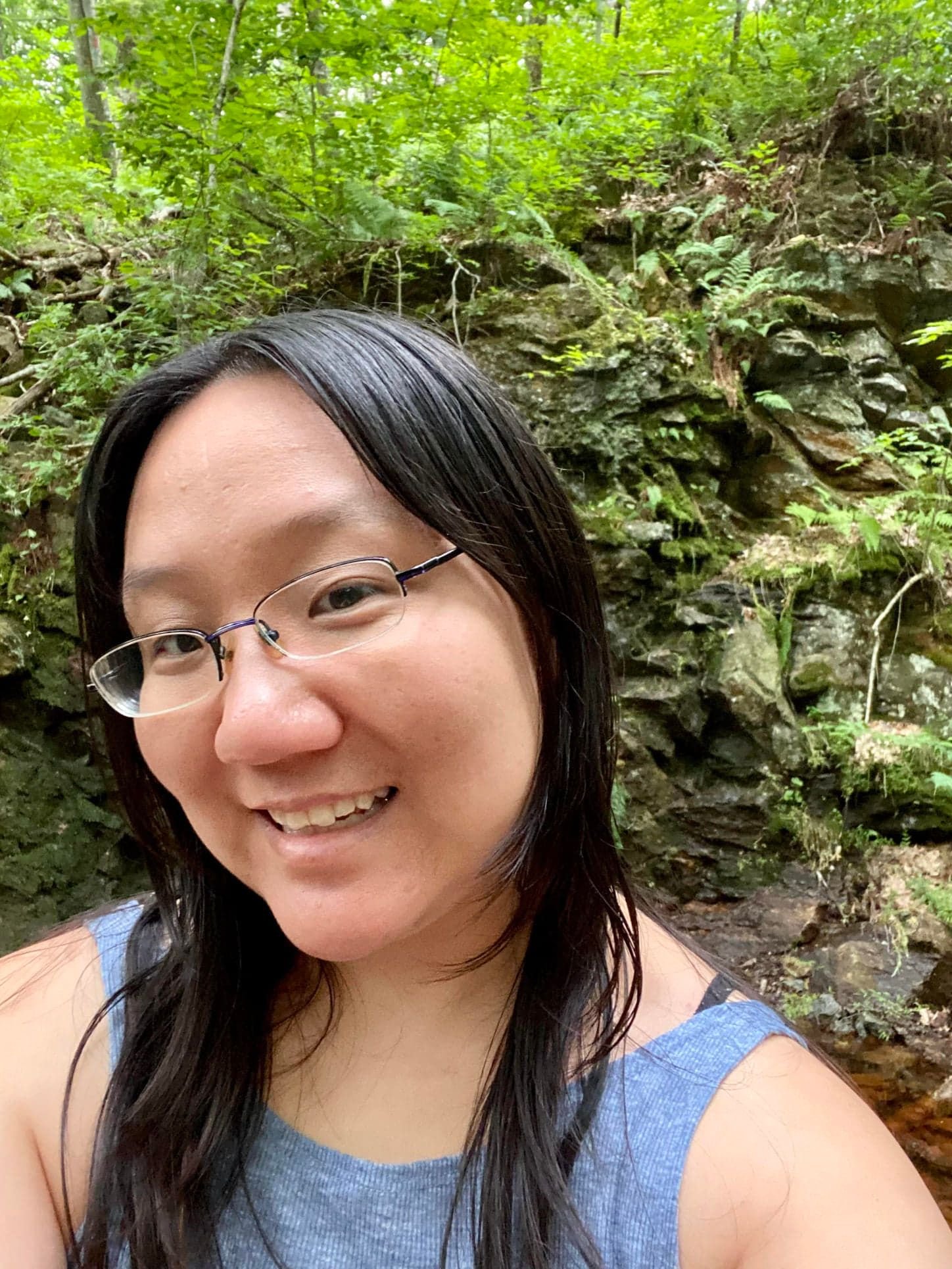The watershed moment for American drama occurred at about 10:30pm on January 22, 1949, at the Locust Street Theatre in downtown Philadelphia. It consisted of a stunned silence.
Arthur Miller’s Death of a Salesman had been in rehearsals for several weeks but came to Philadelphia for a tryout before opening at the Morosco on Broadway. It would go on to win the Pulitzer Prize and Tony Award for Best play, as well as a raft of other awards, and would be remounted on Broadway five times—including right now at the Hudson Theatre, with an all- African-American cast. There is no official count of such things, but it is surely one of the most-produced plays in history. At any rate, it ranks at or near the top of lists—such as a recent one by the Denver Post—of the most important American plays.
But when the when the curtain came down on the first public performance of The Great American Play, there was no applause, no response at all. In his autobiography, Timebends, Miller recalls the strange moment: “Strange things began to go on in the audience. With the curtain down, some people stood to put their coats on and then sat down again; some, especially men, were bent forward, covering their faces, and others were openly weeping. People crossed the theatre to stand quietly, talking with one another. It seemed forever before someone remembered to applaud, and then there was no end to it. I was standing at the back and saw a distinguished-looking elderly man being led up the aisle; he was talking excitedly into the ear of what seemed to be his male secretary or assistant. This, I learned, was Bernard Gimbel, head of the department store chain, who that night gave an order that no one in his stores was to be fired for being overage.”
Salesman tells the story, of course, of Willy Loman, the disposable American Everyman who measures his worth only in dollars, and of his wife, Linda, whose every encouragement hastens his suicide. His sons, Biff and Hap, represent the competing halves of his personality and of the American psyche—one a rugged outdoorsman still invested in pre-Depression ideals of hard work and camaraderie, the other a wannabe cut-throat executive who equates price with value. Reunited for twenty-four hours, the Lomans can no longer live together under the same roof. By the end of the play, the family home—the artifact upon which the American mythos is based--is paid for—but empty.
We are living in the fallout from unchecked capitalism and patriarchy - burnout, classism, exploitation, income and wealth inequality, housing shortages, climate crises. We are poorer now than our parents were at our age, and without significant and sustained changes to our system, the future looks more uncertain than ever. Social media has turned many of us into salespeople, selling the version of our lives that we want others to see, angling for as many likes as we can get to increase our self-worth, believing as Willy does that it's important to be well-liked.” - Patrick Michael Kelly
“Attention, attention must be paid,” says Linda of her hapless husband, and by extension of every well-meaning, faceless citizen failing to fulfill their obligations to the economy, and that’s truer now than it was in 1949. The grinding wheel of American capitalism has become a Catherine Wheel: if you’re not helping to turn it, you’ll get lashed to it. This is what Miller called, in his eponymous essay, the tragedy of the common man: “the disaster inherent in being torn away from our chosen image of what and who we are in this world. Among us today this fear is strong, and perhaps stronger, than it ever was.”
Patrick Michael Kelly, who is directing the Workshop Theatre production opening November 4, concurs. “Salesman speaks to many of the issues we grapple with today,” he says. “Miller sought to deflate the idea of the American Dream - that anyone could achieve anything with hard work and determination. My generation and younger generations believe less and less in that idea, and this play underscores our disillusionment. We are living in the fallout from unchecked capitalism and patriarchy - burnout, classism, exploitation, income and wealth inequality, housing shortages, climate crises. We are poorer now than our parents were at our age, and without significant and sustained changes to our system, the future looks more uncertain than ever. Social media has turned many of us into salespeople, selling the version of our lives that we want others to see, angling for as many likes as we can get to increase our self-worth, believing as Willy does that it's important to be well-liked.”
Kelly’s production will emphasize, he says, the concept that originally informed the play—the stream of consciousness running through the mind of its protagonist. Miller composed the first act of the play in a single night in his backyard shed in Connecticut—emerging the next morning, he said, aching and exhausted. His working title was The Inside of His Head, and he imagined the setting of the play as an enormous face which would open, like French doors, to reveal the interior of the Loman household. Designer Jo Mielziner prevailed upon Miller to do away with the cranium, but the operative principle that drives the play—that Willy cannot separate his illusions and memories from his realities—remained part of its DNA. It’s that element that Kelly’s production will emphasize.
“We are highlighting that much of the play takes place in Willy’s mind,” says Kelly, “in his memories, with moveable settings to illustrate the fleeting nature and impermanence of memory and time. Beyond a few period accents, our set largely eschews reality and instead looks to illustrate Willy’s true passion for building things and his desire to get ahead. A skeletal staircase to nowhere is the only permanent fixture - a visual metaphor for his thwarted dreams, which Biff declares in the requiem as being ‘all, all wrong.’”
What’s different about this production, however, is that Kelly is seeking to “decolonize and deconstruct” it as much as possible. The cast is racially diverse because “we want audience members of all backgrounds to see themselves in this story,” and his set is “somewhat Brechtian” in its minimalism and desire to keep the audience asking the right questions. “Salesman is almost entirely devoid of references to race,” Kelly says, and is primarily “focused more on classism. Racism was very much alive in the ‘40s however, so it cannot be ignored, and casting this play with a diverse group of people presents new dynamics and problems that were not originally intended. At the end of the day, I wanted to work with the best actors I could find, and I believe I found them. We’ve got a stellar team.”
Veteran Columbia professionals Paul Kaufmann and Libby Campbell as Willy and Linda head that team. “I always love working with my longtime friend and colleague Paul Kaufmann,” says Kelly. “Paul is a wonderful artist and will bring his expertise in creating a more sensitive version of Willy Loman, balancing the ferocity of his fears with his sweetness and sentimentality. This play is the third time I’ve had the pleasure of directing him. [And] Libby is Columbia theatre royalty. This is my first time working with her.”
Kelly notes that Deon Turner (Biff) and Jon Whit McClinton (Happy) are fresh from Trustus Theatre’s True Crime Rep--Jason Stokes Composure and Charlie Finesilver’s House Calls, and that “Jonathan Yi (Bernard) was one of my students last year at the University of South Carolina, and actually played Biff in scene study in that class, so it’s a treat to work with him on this play. Ripley Thames (Charley) is an actor I’ve admired for some time, but never gotten to work with. Same goes for Emily Meadows (Woman/Letta). Caroline McGee is a 2022 UofSC theatre graduate, and Roderick Haynes, Jr. stepped in late in the process and has been a joy. Mostly, it’s just an honor to get to tell this story - it’s one of the greatest American plays for a reason, and it’s a privilege to get to work on it intensely. It’s intimidating, but I love a challenge, and I hope audiences love what we’re creating for them.”
Likewise, he relishes the opportunity to work once again—in a new venue--with Workshop, for whom he’s performed in Some Girl(s) (2017) and The Little Foxes (2002). This production is the culmination of conversations he’d been having with Jeni McCaughan, Workshop’s executive director, about remounting American classics. “I don’t think we go back to the dramatic classics enough,” he says. “I am a champion of new work. I think fostering new voices and nurturing new plays is the most important work a theatre can undertake, but we can still learn a lot from producing the plays of Arthur Miller, Lorraine Hansberry, Tennessee Williams, and many others.”
And he is “thrilled” about Workshop’s partnership with Columbia College. “I know it’s going to benefit both organizations in a big way - and I’m excited to direct a show in the historic Cottingham Theatre. It’s a beautiful space and an actor’s dream as far as acoustics are concerned. I’ve never directed in a true proscenium theatre that has wings and fly space before either, so it’s a real treat.”
Workshop Theatre’s production of Death of a Salesman will run November 4 through 13 at Cottingham Theatre on the campus of Columbia College. Tickets are available here.










